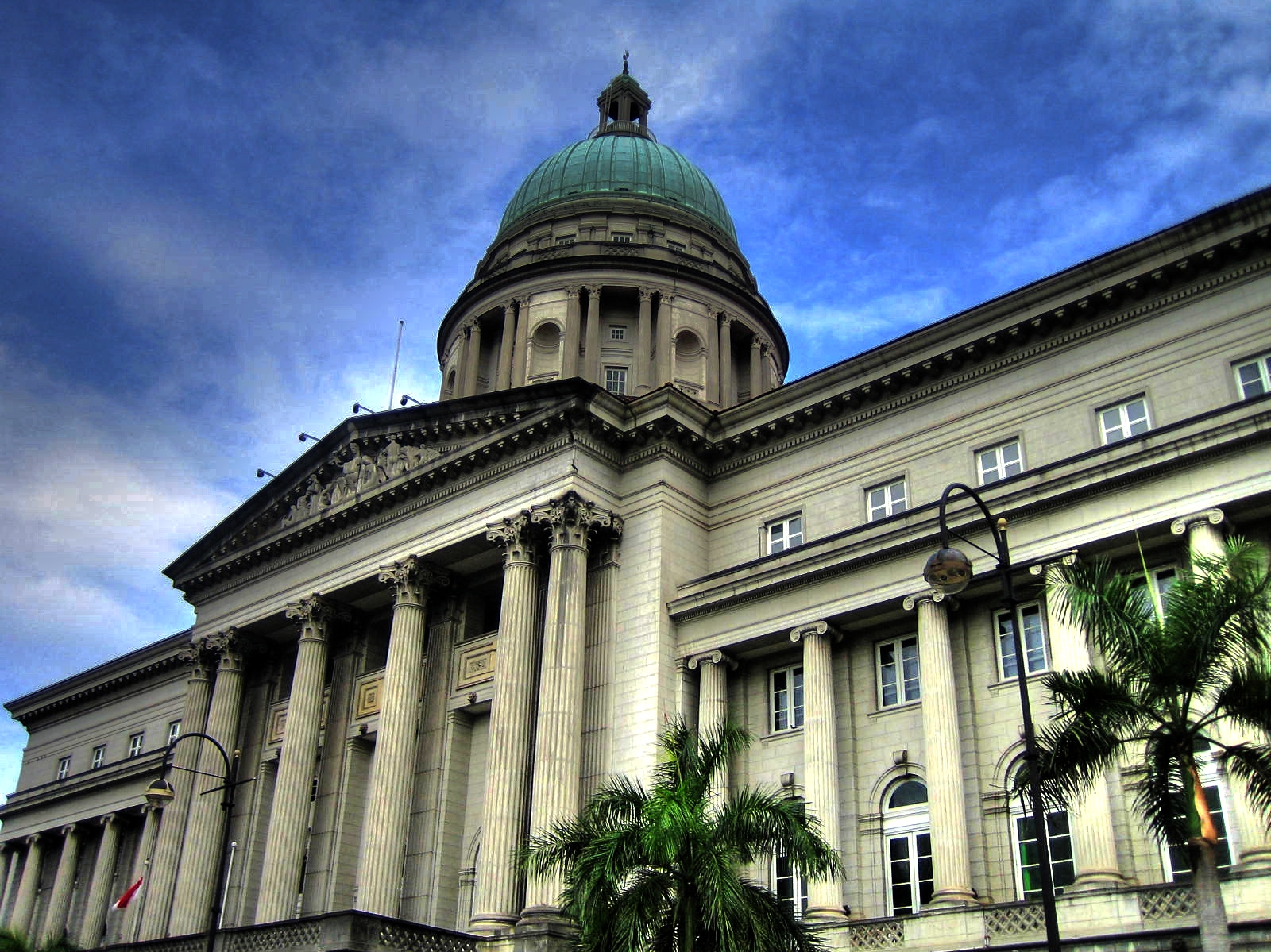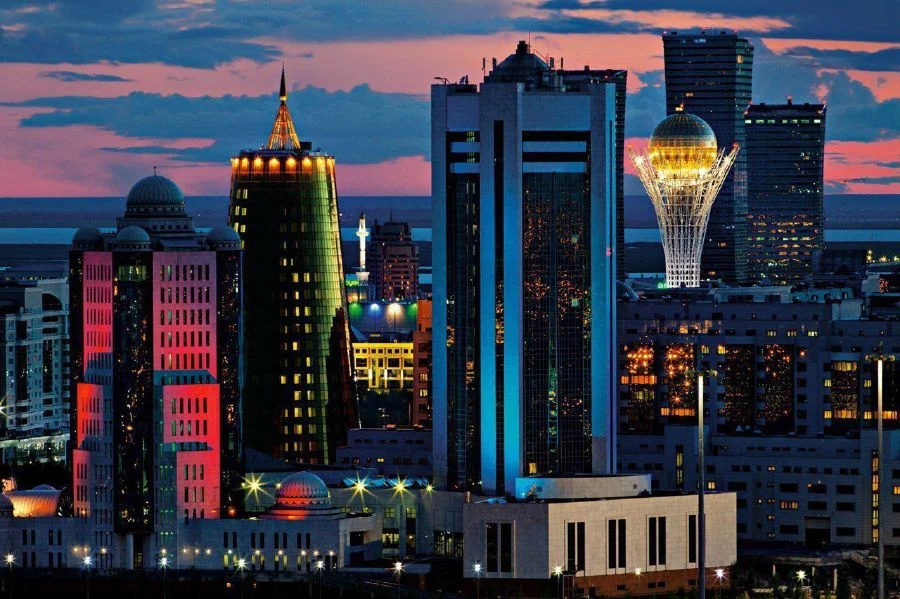Fostering Democratic Societies: A Comparative Analysis of Malaysia and Kazakhstan
Constitutions assume an influential role in shaping democratic societies, anchoring nations, and securing the rights of citizens. This article delves into the significance of constitutions in two countries, namely Malaysia and Kazakhstan, by exploring their evolution and their profound impact on these nations’ democratic frameworks.
Malaysia Evolution: A Beacon of Unity and Diversity
Malaysia’s journey since it declared independence on August 31, 1957, has propelled the nation onto the global stage through its distinctive governance ecosystem. This system ensures equal rights for its diverse populace, all the while fostering interethnic harmony. Moreover, the theme for this year, “Malaysia Madani: Tekad Perpaduan Penuhi Harapan” (Civilized Malaysia: Unity Fulfills Aspirations), aptly mirrors the nation’s unwavering commitment to nurturing unity, preserving its rich cultural tapestry, and fostering mutual respect among its citizens.
Constitution: Cornerstone of Nation Building
A nation’s progress is defined by significant moments that profoundly shape its identity. Beyond achieving independence, a constitution stands as the unshakable bedrock of a country’s political framework. Not merely a legal document, it meticulously outlines the fundamental principles that expertly guide its future trajectory. The process of thoughtfully drafting a constitution stands as an enduring keystone in the foundation of nation-building endeavors.
Power of Democratic Expression
“The identity of a race is found in its culture. The dignity of a nation is its independence,” an insightful maxim attributed to Dato’ Dr. Usman Awang, strikingly underscores the integral role of culture in shaping a nation’s self-identity. In a dynamic democratic milieu, mechanisms such as the election of lawmakers and leaders aren’t mere routines, but powerful platforms that amplify the voices of citizens, thereby actively shaping the destiny of their nation.
Malaysia Constitutional Odyssey: A Story of Progress
Emerging from the crucible of independence, Malaysia’s Federal Constitution has, over the course of six decades, aptly embodied the nation’s transformative journey. Specifically tailored to the nation’s diverse societal fabric, this Constitution unerringly safeguards fundamental freedoms for every citizen. Its resounding impact has propelled Malaysia towards remarkable achievements, charting a clear roadmap for sustained development and prosperity.

Kazakhstan: A Constitutional Renaissance
In Kazakhstan, a parallel trajectory of constitutional evolution has unfurled since its liberation from the Soviet Union in 1991. The 1995 Constitution laid the bedrock for a fledgling nation, carefully addressing challenges intrinsic to newly independent countries. Through recent amendments, instituted just a year ago, Kazakhstan’s democratic landscape has been thoughtfully redefined, breathing new life into the nation’s governance structure.
Empowering Local Governance: Shifting Power Dynamics
Embedded within these far-reaching amendments is a strategic redistribution of powers that has revitalized local governance and bolstered parliamentary authority, all while judiciously curbing the scope of presidential powers. This recalibration has fostered a renewed sense of accountability, placing citizens at the forefront by electing representatives and local leaders. Notably, the once-permitted presidential re-elections now stand prohibited, thus injecting an invigorating dynamism into the political milieu.
Upholding Citizens’ Rights: The Constitutional Court’s Role
Resurrected with renewed vigor, the Constitutional Court stands resolute in fortifying the defense of civil liberties and individual rights. This rekindled vigor empowers citizens to directly challenge policies deemed unconstitutional, thereby serving as a bulwark against potential breaches of constitutional principles. This avenue assumes an increasingly pivotal role in reinforcing the foundations of constitutional ideals.
Energizing the Electorate: Electoral Reforms
In a synchronous endeavor, Kazakhstan embraced a series of pivotal electoral reforms. The adoption of a proportional-majoritarian model for parliamentary elections, harmoniously in sync with constitutional changes, has paved an inclusive path towards the direct election of rural mayors. This monumental expansion of political participation, coupled with the emergence of self-nominated candidates, amplifies the collective influence of citizens, augmenting the vibrancy of Kazakhstan’s democratic fabric.
Unity in Diversity Malaysia and Kazakhstan: A Constitutional Imperative
Both Malaysia and Kazakhstan have conscientiously embraced a culture of tolerance, celebrating diversity and mutual respect as the cornerstones of their societal ethos. In this context, the age-old adage “Unity in diversity” assumes paramount significance, succinctly mirroring the two nations’ unflagging commitment to equality. The constitutions of both countries stand tall as formidable champions of freedom of expression, religion, and personal liberties, all of which act as the nurturing bedrock for the flourishing of democratic values.
Constitution: Safeguarding Rights and Values
The Constitution remains an indomitable guiding compass, steering the ship of social, economic, and political progress in both Malaysia and Kazakhstan. Reverently safeguarding citizens’ rights and upholding the cherished values of freedom and diversity, the Constitution underpins the organic growth of democratic societies. In this context, the foundational principle of “Unity in diversity” remains an ever-relevant touchstone, reinforcing the solemn pledge to parity and respect. As a compelling force, the Constitution emerges as a potent protector, nurturing democratic societies that stand as unassailable models of unity and progress.







